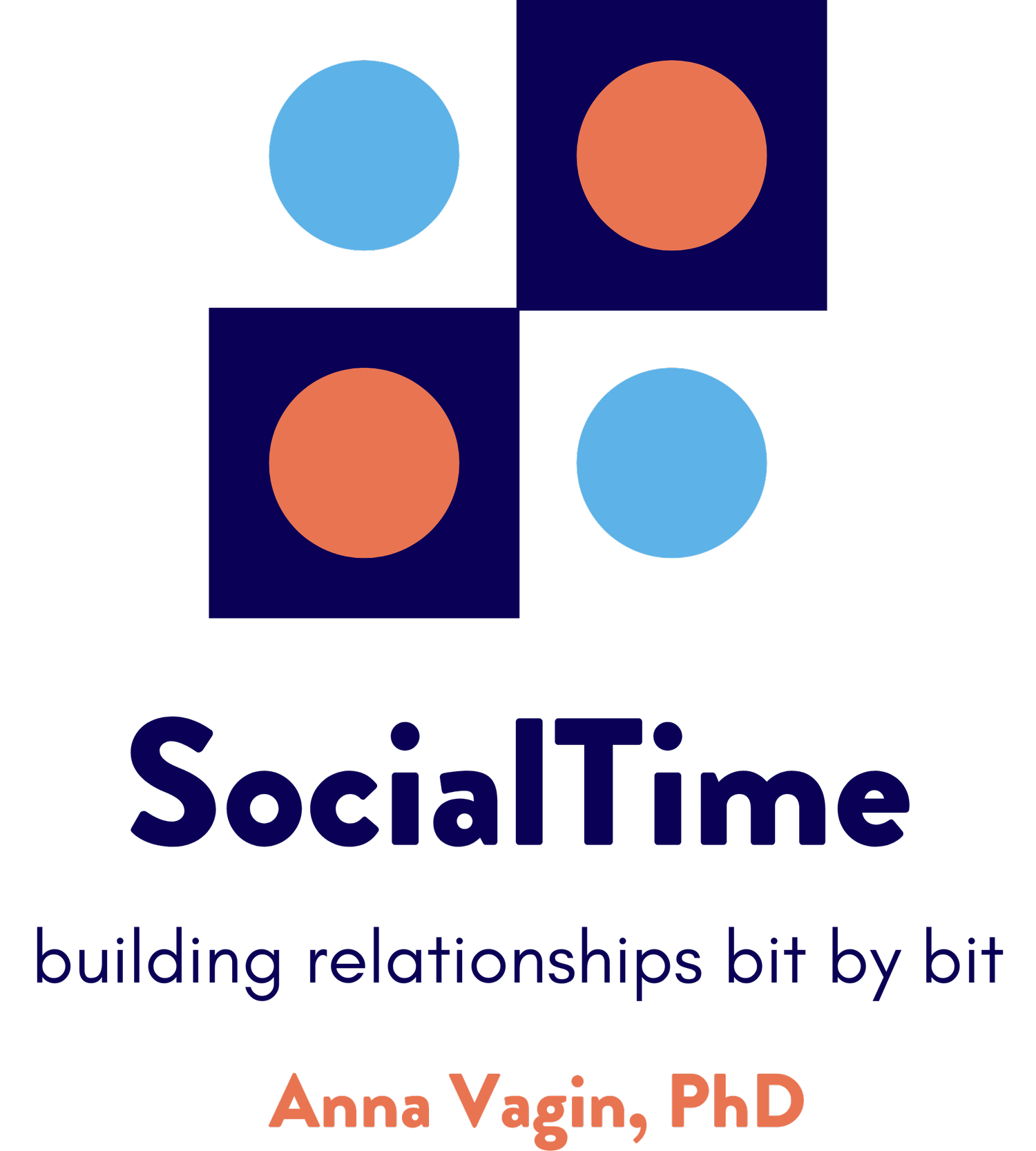MSV & Conversation – What’s the connection?
Last time, I wrote about mental state verbs (MSV) and their role in cognitive and communicative growth. Now let’s think about how MSV influence conversational competence.
Over the past two years as I have worked on developing the Conversation Paths Pack Expanded Version (CPPEV), I have gone on a deep dive into the very complicated and abstract process of conversation – so critical to the building of relationships and social connections. Part of what supports conversational competence, is, in fact, facility with MSV.
So how do MSV factor into conversation? Just think about what happens in conversations. We need to remember what we know about others – that way, we don’t ask the same questions over and over, and we can bring up topics that we know the other person is interested in (or not.) If I know you are allergic to fish, am I really going to rave about the new sushi restaurant I discovered? No, not such a great topic! If I think you love Hawaii, will I mention the great AirBnB I stayed at there – yep! If you ask me for my opinion about something, I will need to think and decide. Perhaps you will have a different opinion than I do! The more I can understand your perspective, the better our conversation will probably go. You tell me about a great show on Hulu? I can wonder if I will like it. What if I have watched it already? I can recognize that we can talk about the twist ending together. Maybe I have a show to tell you about that you haven’t seen. I know not to give the ending away. During this time of COVID we haven’t seen those we care about as much as we’d like. I can communicate how much I miss them in my next call. Those MSV are, in many ways, what keep conversations moving forward.
Since we know that students with social and language difficulties are less inclined to understand and use MSV, we need to focus on them as we work on conversation skills. CPPEV specifically targets MSV with sets of activities and templates about remembering, generating opinions, asking questions, and even staying engaged in low-interest topics. Here are several ways you can explore the connection between MSV and conversation with students in your caseload:
Help your students compile “remembers” cards/files about those they know – maybe others in their therapy social group. Reviewing them at the beginning of session before you dive into conversation work reminds students that we need to remember what we know!
I love working on opinions with students – this work often leads to interesting conversations and lots of laughter. Some students may struggle with this – maybe they aren’t asked that often what they think about something, or they don’t want to be judged for having a wrong opinion. But opinions are a form of comment and important to interesting conversations! What’s their favorite gaming system? Burger joint? Sports team? Pizza topping? TikToker (is that a word?) Discussing differing opinions, of course, also works on that flexible thinking, so working on opinions covers multiple social cognitive areas!
Think about using rubrics to write goals about MSV! Here’s an example of a remembers goal and rubric from CPPEV*:
Want to learn more about CPPEV? Watch the intro webinar recording or check out the tutorials.
As the days get shorter, colder, and wetter (which we welcome out here in California!) I hope all of you are moving into the Holiday season with joy and good health!
It’s not too late to get this month’s free handout for Mental State Verbs!


